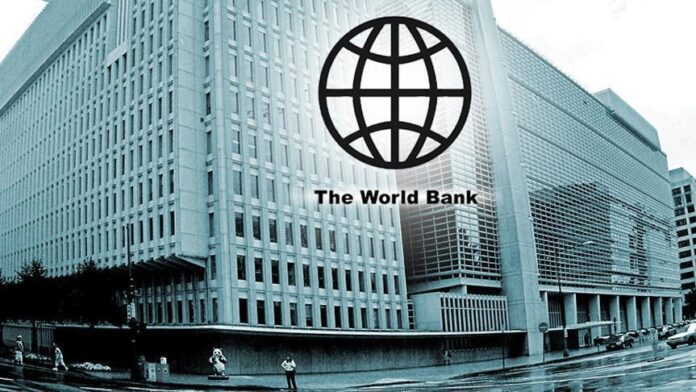Over 272,000 premature deaths occur in Bangladesh per year due to air pollution, unsafe water, poor sanitation and hygiene, and lead exposure, says a new report of the World Bank.
The report titled ‘Building Back a Greener Bangladesh: Country Environmental Analysis 2023’ was revealed at a city hotel here in presence of Environment, Forest and Climate Change Minister Saber Hossain Chowdhury.
The Bangladesh Country Environmental Analysis finds air pollution, unsafe water, poor sanitation and hygiene, and lead exposure cause over 272,000 premature deaths and 5.2 billion days of illness annually.
These environmental costs were equivalent to 17.6 percent of Bangladesh’s GDP in 2019. Household and outdoor air pollution have the most detrimental effect on health, leading to nearly 55 percent of premature deaths, which alone cost 8.32 percent of GDP in 2019, according to the report.
The World Bank report says Bangladesh faces alarming levels of pollution and environmental health risks that disproportionately harm the most vulnerable people – the poor, children under five, the elderly, and women.
“For Bangladesh, addressing environmental risks is both a development and an economic priority. We have seen around the world that when economic growth comes at the cost of the environment, it cannot sustain. But it is possible to grow cleaner and greener without growing slower,” said Abdoulaye Seck, Country Director for Bhutan and Bangladesh.
He said: “To sustain its strong growth path and improve the livability of cities and the countryside, Bangladesh simply cannot afford to ignore the environment. Preventing environmental degradation and ensuring climate resilience is critical to stay on a strong growth path and for achieving the country’s vision of becoming an upper-middle-income country.”
Environmental pollution is taking a heavy toll on children. Lead poisoning is causing irreversible damage to children’s brain development, resulting in an estimated annual loss of nearly 20 million IQ points.
Household emissions from cooking with solid fuels is a major source of air pollution and affect women and children. Major rivers in Bangladesh have experienced a severe decline in water quality due to industrial discharge and unmanaged waste, including plastics and untreated sewage, among other sources.
































